Top 10 Foods for Brain Health to Enhance Memory & Focus

Brain-Health Foods Ranked by Importance Can Help Memory Performance and Mental Concentration. Modern life requires sharper mental abilities to thrive more than ever. Every individual who wants to preserve their cognitive function, especially students and working professionals along with age-enhancing adults needs to focus on their diet. The human body requires particular types of foods which contain essential nutrients for enhancing memory functioning and focus while supporting cognitive health. And also balance the hormones and reduce stress.
A detailed analysis of ten most beneficial foods for brain enhancement will be presented in this extensive overview together with research explanations and dietary strategies for peak brain nourishment.
Here are the Best Foods For Brain Health:
The below are the foods for brain health and it enhance the memory and focus and this is the it improves the concentration and also reduces the stress relief and boosts the energy levels.

1. Fatty Fish (Salmon, Sardines, Mackerel) – The Ultimate Brain Fuel
Why It’s Good for Your Brain
Salmon and mackerel with sardines combine as the top sources of omega-3 fatty acids where DHA (docosahexaenoic acid) stands out as the key element. Organisms need DHA to construct their brains because the organ holds sixty percent of its weight in fat components.
Omega-3s through their brain cell membrane creation help improve the ability to learn new things while enhancing memory function.
Research demonstrates that regular omega-3 intake among individuals reduces their susceptibility to Alzheimer’s disease and prevents mental deterioration which accompanies aging. The brain cell damage triggered by chronic inflammation becomes less severe when omega-3 compounds activate their ant-inflammatory protection mechanisms.
How to Eat It
- Eat omega-3 foods between two and three times during each week.
- Salmon when grilled is a healthy option along with sardines served on toast and mackerel used in salads for a nutritious meal.
- Fish-eaters who need supplements should consider using algae-derived omega-3 products.
2. Blueberries: The Brain’s Antioxidant Powerhouse
The Brain Beneficial Properties Of These Foods
The deep blue pigments of blueberries derive from anthocyanins which function as strong antioxidants that exist abundantly in this fruit. The brain receives exceptional advantages from these compounds.
Why is it good for your brain:
Scientific evidence shows that consuming blueberries may postpone memory deterioration while simultaneously reinforcing your spatial memory capacity.
The antioxidants in blueberries deactivate free radicals which preserves brain cells from damage.
The neurophysiological enhancement between neurons promotes efficient cognitive processing which leads to sharper thought functions.
How to Eat Them
- Blueberries work well when added to smoothies and yogurt or when stirred into oatmeal for consumption.
- Enjoy blueberries as a natural snack to gain fast cognitive improvement.
- Frozen blueberries hold onto their nutritional elements well so consumers can enjoy them regularly throughout the year.
3. Dark Chocolate – A Delicious Cognitive Enhancer
Dark chocolate together with numerous other foods serves well as healthy sustenance that stimulates brain function, Consuming dark chocolate with 70% cocoa content provides three beneficial ingredients: flavonoids with caffeine and theobromine that boost brain function.
Why is it good for your brain:
The concentration-enhancing abilities of caffeine from dark chocolate work without causing nervousness.
The brain receives better blood flow due to flavonoids which activate endorphin release.
Regular dark chocolate consumption benefits memory functions by creating better verbal and visual memory performance.
How to Eat It
- Daily consumption should be limited to a 20-30 gram square section.
- Cocoa powder serves as an ingredient that improves both smoothies and oatmeal.
- Drinking milk chocolate results in reduced brain advantages because it contains extra sugar along with less brain-supporting elements.
- Food pairings of nuts and seeds that include walnuts, almonds and pumpkin seeds function as brain-boosting snacks.
- Dark chocolate provides multiple memory benefits including better verbal and visual memory abilities to the brain.
4. Nuts and Seeds:
Nuts and seeds contain different health advantages among their variety of benefits.
Why is it good for your brain
The brain benefits from eating walnuts because these nuts contain substantial amounts of DHA (omega-3).
Almonds contain vitamin E which functions as a protection system against cellular oxidative damage in the brain.
ervas of Pumpkin Seeds contain zinc and magnesium alongside iron which are fundamental for memory functioning as well as nerve signaling processes.
How to Eat Them
- Snack on a handful of mixed nuts daily.
- Use both seeds and nuts as toppings for salads or mix them with yogurt or smoothies.
5. Eggs – The Choline Champion
The brain health nutrient choline which eggs provide is among the best dietary sources of this essential substance. Speech patterns provide essential support to make the neurotransmitter acetylcholine which serves as a crucial element for memory and mood regulation.
Why is it good for your brain:
Boosts Brain Development: Essential for fetal brain development during pregnancy.
Research indicates that people who consume higher amounts of choline experience enhanced memory abilities throughout their adult years.
How to Eat Them
- Have your eggs boiled or prepared as scrambled or poached for breakfast consumption.
- Prepare an omelet mix with vegetables to gain additional brain nutrients.
- People who avoid eating eggs should seek choline content through soybeans and chicken and fish.
6. Turmeric is known as the "Golden Spice" which provides remarkable advantages for brain health.
The consumption of turmeric brings positive effects to brain health because, The brain benefits from turmeric occur through the active compound curcumin.
Why is it good for your brain
The compound curcumin can pass through the blood-brain barrier thereby allowing it to directly reduce inflammation in the brain. The compound curcumin has shown evidence to support delaying the onset of Alzheimer's disease by removing amyloid plaques that are characteristically found in Alzheimer's patients. The brain benefits from turmeric because it strengthens serotonin and dopamine production which enhances mood function and treats depression.
How to Eat It
- Use turmeric as an ingredient within your soups, curries or smoothies.
- You can experience a calming brain boost with the drink known as golden milk which contains turmeric.
- Using black pepper with turmeric will enhance the absorption of turmeric into the body.
7. Broccoli – The Brain’s Detoxifier
The consumption of these foods provides positive effects on the functioning of the brain.
Broccoli contains antioxidant elements and large amounts of vitamin K related to brain health.
Why is it good for your brain
The brain cells rely on sphingolipids which Vitamin K helps to enhance their cognitive functions.
Millions of broccoli consumers enjoy its natural neuroprotective benefit due to the presence of sulforaphane. Higher dietary vitamin K consumption has been directly linked to improved memory abilities among older adults according to scientific research.
How to Eat It
- Steam or roast your broccoli as a method to maintain the nutrient content.
- The vegetable adds nutrients to stir-fry dishes, salads and soups when included as a component.
- People can obtain added sulforaphane benefits from consuming broccoli sprouts.
8. Oranges & Citrus Fruits – Vitamin C for Mental Clarity
These types of food benefit the brain because of their significant antioxidant properties.
The brain benefits from the antioxidant properties of vitamin C as a protective compounds.
Why is it good for your brain
High levels of vitamin C correlate with better mental capacities and enhanced mental clarity and focus. When ingested Vitamin C protects brain tissue from free radical damage through its antioxidant properties. Neurotransmitter production through dopamine and norepinephrine occurs with the help of these foods.
How to Eat Them
- You should consume oranges, grapefruits and kiwis as complete fruits.
- Freshly squeezed orange juice should be consumed moderately as it benefits mental function.
- Water consumption becomes mentally invigorating when you add lemon or lime.
9. Green Tea – The Calm Focus Enhancer
The health benefits of this food are due to its positive impacts on brain functioning. The brain health benefits of green tea stem from its combination of L-theanine and caffeine substances.
Why is it good for your brain
L-theanine supports mental relaxation to create alertness without experiencing the jittery side effects commonly associated with caffeine. Drinking orange juice consistently leads to enhanced neurological abilities which show better learning abilities and memory capacity. The antioxidants present in green tea possess protective effects that lower the chances of developing Alzheimer’s and Parkinson’s diseases.
How to Drink It
- Drinking between two and three cups each day will deliver maximum brain advantages.
- Matcha green tea contains greater antioxidant concentration compared to other varieties of green tea.
- Consumers should minimize their sugar intake when preparing this drink if they want to maintain brain health.
10. Avocados – Healthy Fats for a Healthy Brain
Brain-supporting properties emerge from citrus fruits and oranges because of their natural Vitamin C content.
Monounsaturated fats together with vitamin E represent the main nutrients found in avocados.
Why is it good for your brain
The healthy flow of blood to the brain is improved through their consumption. Vitamin E protects neurons by providing a protective defense against oxidative cell damage. Body health depends on healthy fats because they help improve memory performance through their support of cognitive functions and nerve signals.
How to Eat Them
- Spread avocado on whole-grain toast.
- Avocados create smooth consistency in smoothies when added to them.
- The fruit is ideal for salads, wraps and can serve as guacamole dip.
Conclusion
Maintaining brain health is crucial for boosting memory, focus, and overall cognitive function. Incorporating nutrient-rich foods like fatty fish, berries, leafy greens, nuts, and seeds into your diet can enhance brain performance. These foods are packed with antioxidants, omega-3 fatty acids, vitamins, and minerals that support brain function, improve memory, and help protect against cognitive decline.
No comments






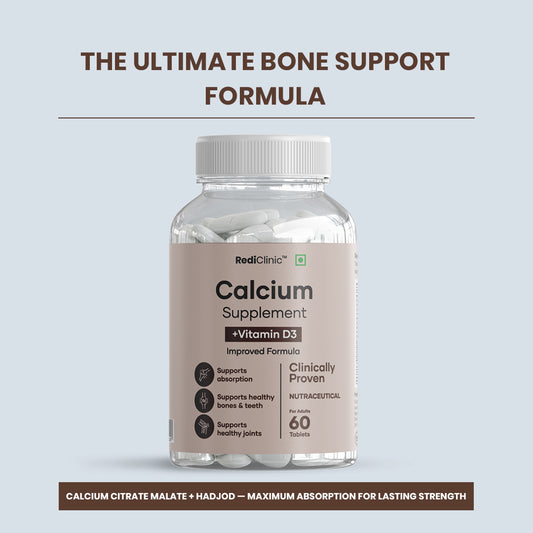

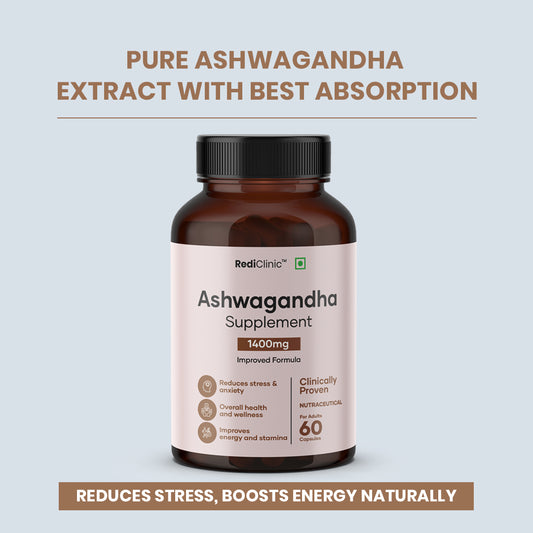
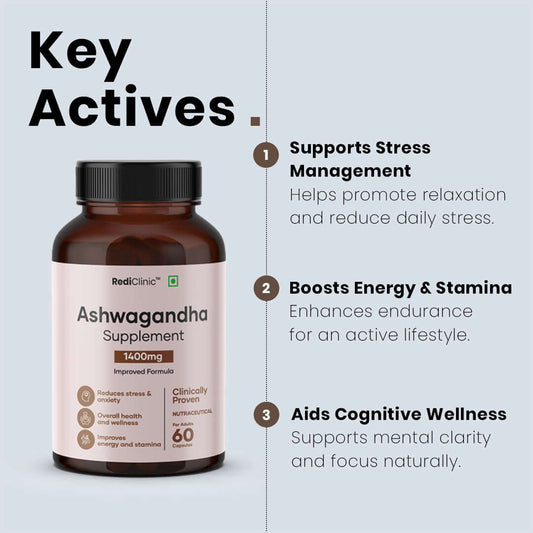
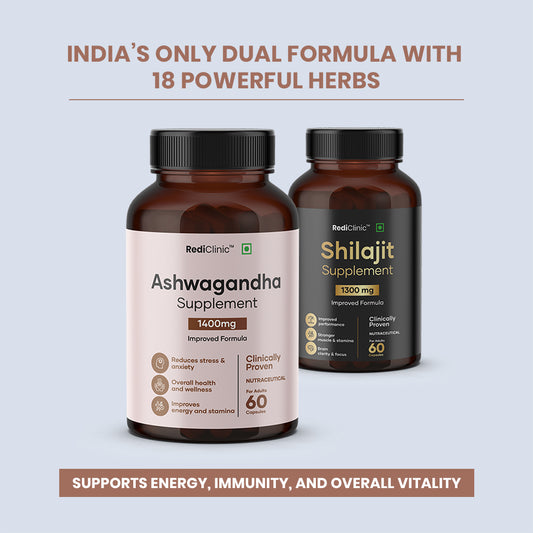
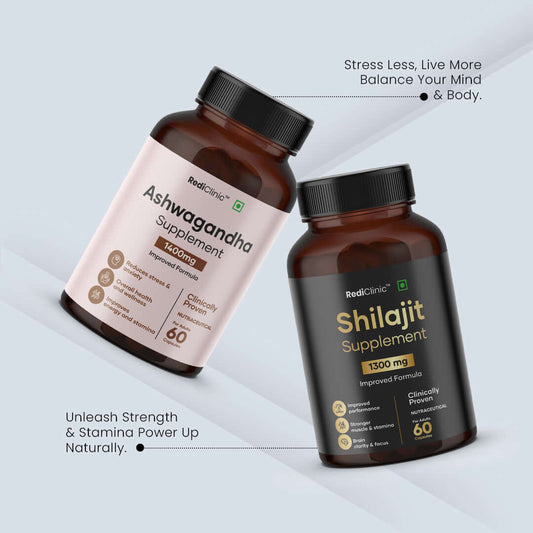
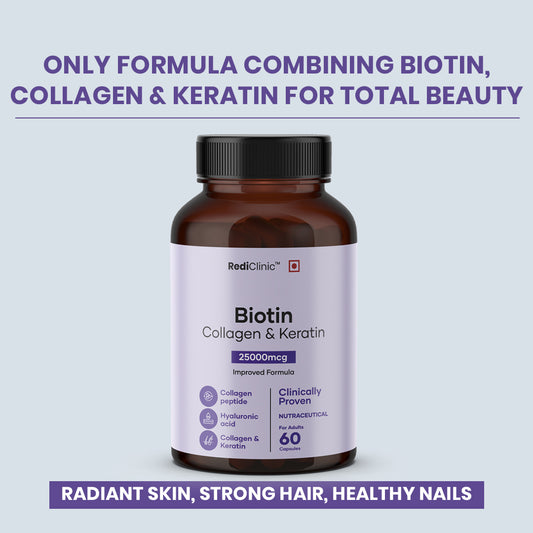
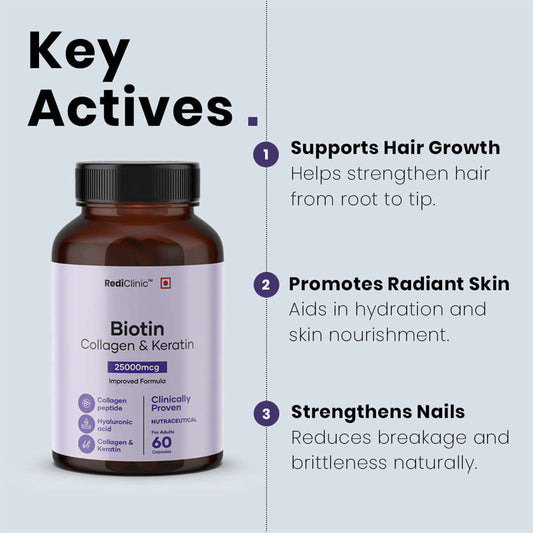

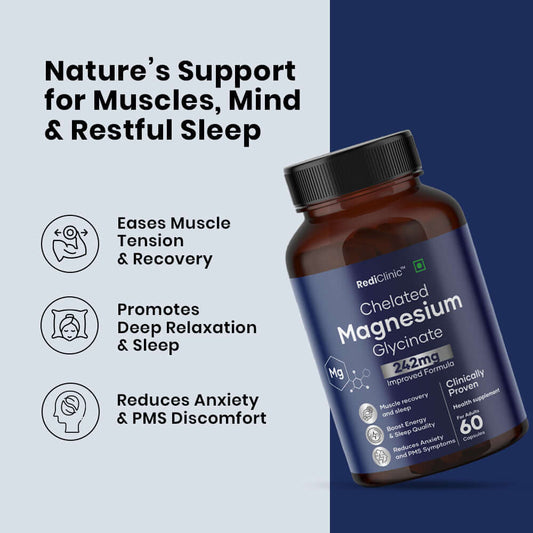

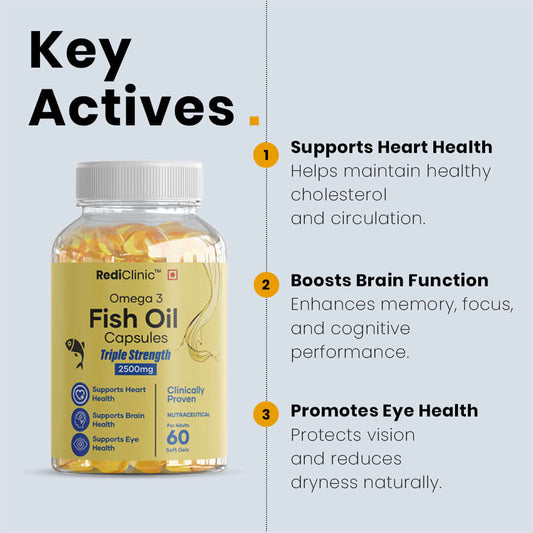
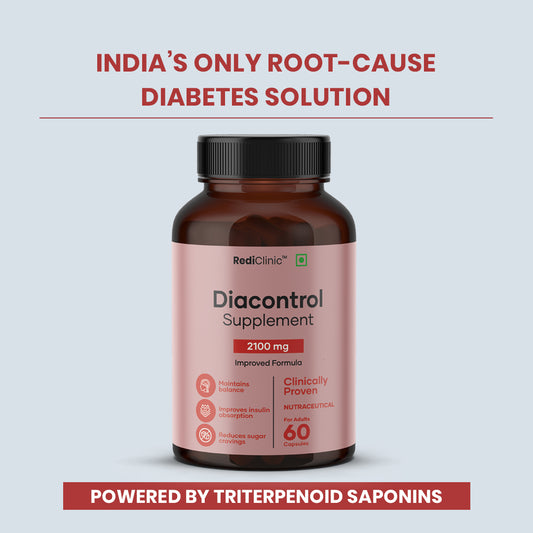
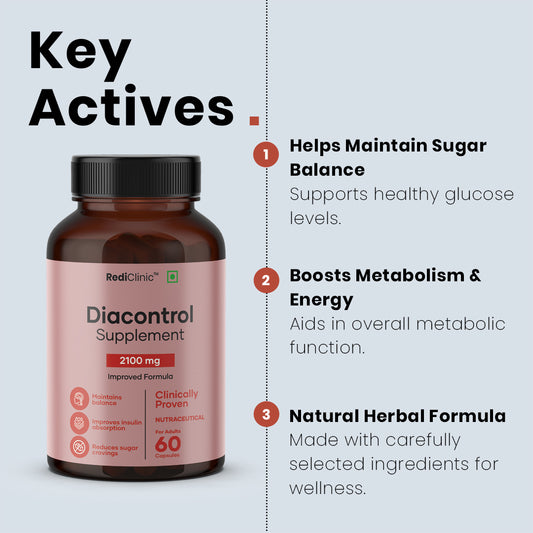




0 comments